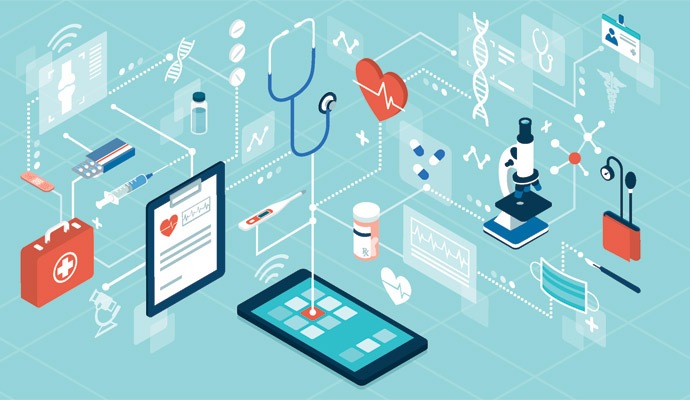Machine Learning Can Help Predict Severe COVID-19
Data collected based on nearly 300 COVID-19 patients shows machine learning techniques to be 88.5 percent accurate with respect to predicting the severity of the disease.

Source: Getty Images
- Machine learning techniques can be used to predict the severity of COVID-19, thereby enabling providers to optimize care, a study from Infectious Diseases of Poverty shows.
The study included 287 patients from the JinYanTan hospital in Wuhan, China, with a median age of 60 years, of which 56.4 percent were male and 43.6 percent female. All data collection occurred during the early phase of the COVID-19 pandemic, between Jan. 26 and March 28, 2020.
All patients tested positive for COVID-19, and 36.6 percent had a severe case, while 63.4 had a non-severe case.
This study incorporated three machine learning techniques, including random forest (RF), support vector machine (SVM), and logistic regression (LR).
The study's main goal was to compare how well each of the three techniques predicted COVID-19 using the area under curve (AUC), which measures how well predictions are ranked and the quality of the model’s predictions.
RF performed the best of the three with an AUC of 0.97, followed by SVM with 0.948 and LR with 0.928. RF reported a favorable sensitivity of 96.7 percent, specificity of 69.5 percent, and accuracy of 84.5 percent.
These results confirm that RF provides a more substantial consistency and reliability than SVM and LR with regard to predicting COVID-19 severity.
"The prediction model can potentially assist clinicians to facilitate severe COVID-19 patients' identification promptly and apply treatment timely, further optimize potentially healthcare resources," researchers concluded.
But, the study does contain some limitations, namely one relating to the sample size and another relating to the neglect of essential data. The size of the study is small, and participants coming from a single site could lead to skewed data, researchers said. The omitting of crucial factors such as drinking, smoking, and educational level could also have affected results.
However, the researchers concluded that RF shows a solid ability to be used as a tool for staying ahead of COVID-19. The technique can help recognize, suggest treatments, and predict disease trends.
Machine learning use is not only successful with regard to COVID-19 care, but it has also proven itself as successful in helping diabetes, cardiovascular diseases, and cancer.
For example, Georgia Institute of Technology and Ovarian Cancer Institute researchers are using machine learning to help determine cancer patients’ responses to certain drugs.
But some experts believe the high expectations for machine learning use during the COVID-19 pandemic have been mostly unrealized. In a recent viewpoint article, Northwestern University Feinberg School of Medicine researchers argued that the approach must shift from reactive to proactive machine learning to utilize the technology better.
